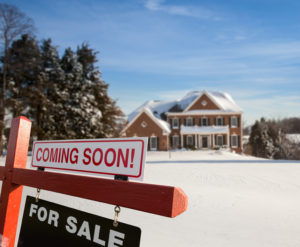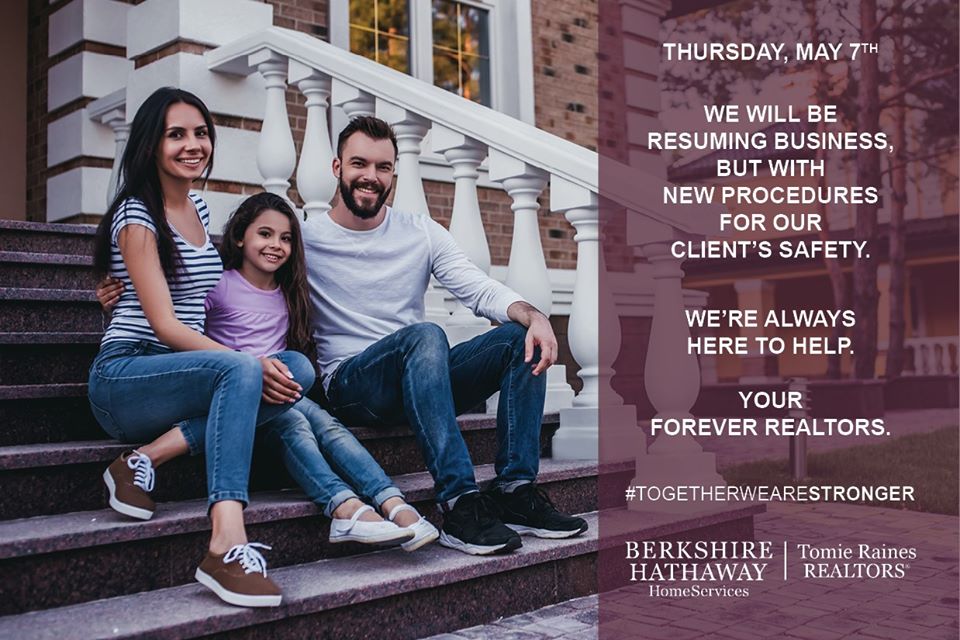If you’ve considered updates to your home, you may have wondered, if these updates actually add value to the home? There are a number of factors to consider when you are thinking about DIY home updates.

Most homeowners consider DIY home updates because the expense of hiring a professional outweighs how much the update will actually improve the value of the home. Doing it yourself will take time and energy, but will cost substantially less. However, it’s important to go through the steps carefully and use the right materials, so the end result is what you want.
Choosing the right project is also important. Some DIY home updates will be more valuable than others. When choosing DIY home projects to improve the value of your home, consider the following:
- Start by considering functional problems; lights that don’t work, drawers that don’t open, loose floorboards etc. Fixing these problems will show that your home is well-kept and will eliminate factors that detract from its value.
- Consider aesthetic problems next; scratches, holes, damages, dirt, mold or outdated looks. These fixes will also eliminate factors that detract from your home’s value.
- Balance costs against benefits: how much time, energy, and materials will the project take, and how much of an impact will this really have on home buyers?
- How complex is the project? The more complex a DIY project is, the most likely it won’t go as planned. A badly executed DIY project can take away from your home’s value, so consider these projects carefully.
With these things in mind, you’ll be able to pick out the DIY home updates that will actually add value to your home. Remember that you can add value to your home by removing problems as well as adding benefits. Let’s take a closer look at the DIY home updates that actually add home value.
DIY Home Updates That Actually Add Home Value
Paint
Fresh paint is one of the most common and most valuable DIY updates that will add value to your home. Fresh paint in a neutral color makes your home look clean, new, well-kept and modern. This adds to an overall positive experience as prospective homebuyers tour your home. Fresh paint also eliminates factors that can quickly detract from your home and distract from its most valuable elements. When considering this DIY update, consider where it will make the most impact. Which room or rooms would benefit most from new paint? These rooms will probably have scratches or scuffs, or the current paint color isn’t very appealing.
New Door
A new door is one of the most valuable home updates you can make, yielding about an 80% return on investment. Your front door not only contributes to a buyer’s first impression of your home, but also contributes to a buyer’s feeling of security and safety. If you’re not confident in your ability to install the door yourself, consider working with a professional.
Power Wash Siding
Brand new siding will yield about a 73% return, however you don’t need to completely replace your siding to improve the value of your home. If your siding doesn’t have obvious damages, like cracks or holes, a thorough cleaning can make your home siding look like new. This DIY update will actually add home value because it contributes to the first impression buyer’s get from your home, curb appeal, and your home will look modern and updated. This DIY project is also easy and doesn’t require special experience. You’ll just need to block out an afternoon, rent a power washer, and get started.
Cleaning Shower and Tub
Bathtubs and showers inevitably accumulate mold and mildew. But you don’t need to completely redo your bathroom to update the look of your shower or tub. You can even thoroughly clean your bathroom with items that you probably already have around the house, such as kitchen sponges, rags, used toothbrushes, regular dish soap, white vinegar and baking soda. This lightly abrasive solution is safe to use on your shower or tub, and will break up mold, mildew and stuck-on gunk.
Refinish Countertops
Outdated or damaged countertops will detract from the value of your kitchen faster than just about anything. This DIY home update will add value to your home by making your kitchen look clean and modern. There are several ways to update your kitchen yourself.
Remember to go through these steps carefully and follow all the directions.
New Light Fixtures
Outdated light fixtures can quickly transport your home back in time and detract from the value. Light that is overly harsh or distorts colors can also detract from a good home-viewing experience. Update your fixtures to make them modern and use reflective surfaces to create softness. Use the right type of bulbs as well as the right fixtures and placement to show your home off in the best possible light.
Give yourself plenty of time to make these DIY home updates and you can significantly improve the value of your home. Consider which updates will be most impactful, and consider your time, energy, materials and skills as well. This will ensure that you get the most out of your time and effort when you’re ready to sell.





